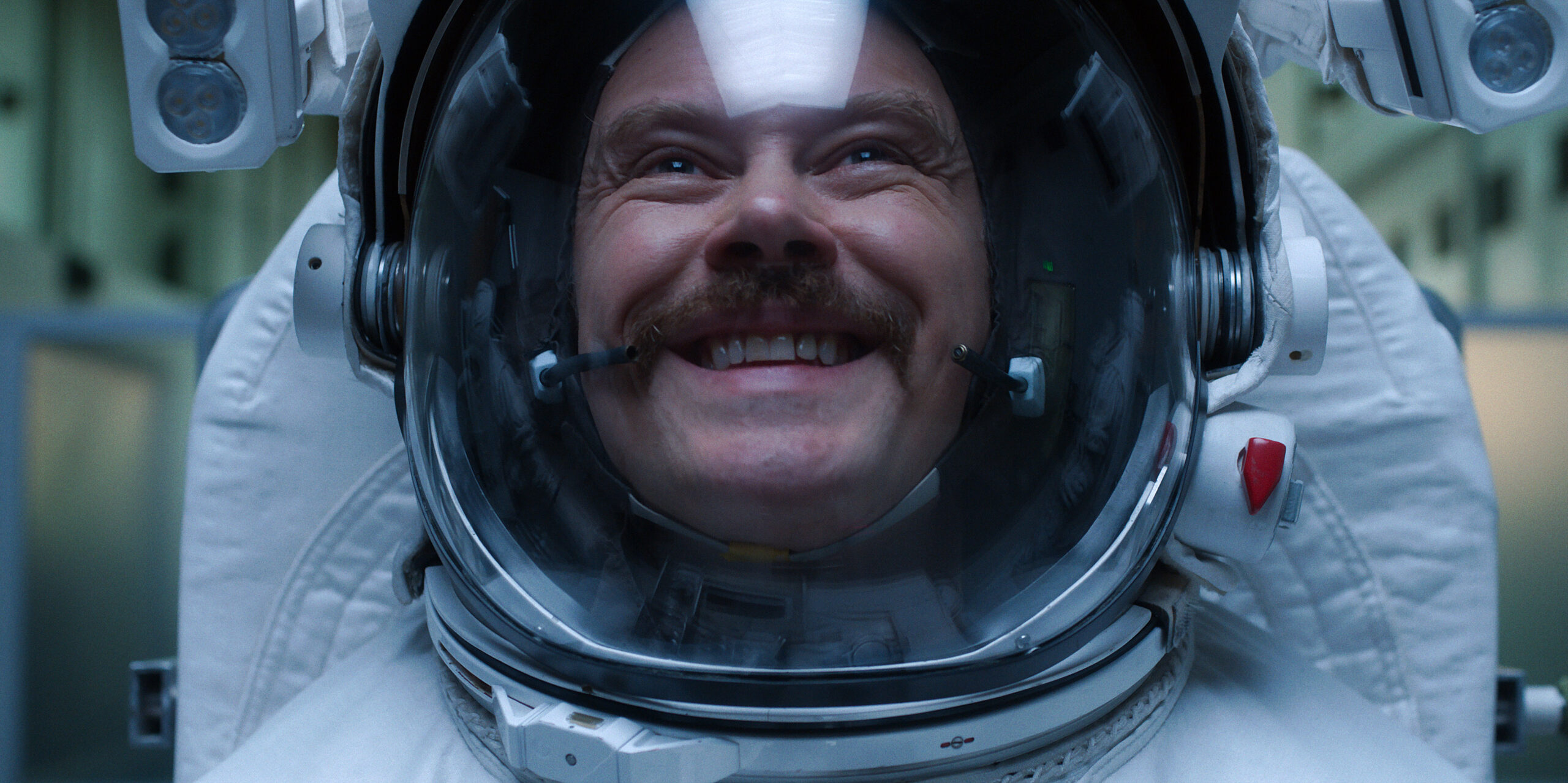The creation of alternative history television shows has to be done delicately to make sure the fictional events still feel plausible while also being unique enough to stand out from the real historical events.
TV shows like Quantum Leap (1989-1993) and Timeless (2016-2018) went down a sci-fi route, but my personal favorites are the shows that stay grounded in reality and present the episodes as truth but are ultimately fictional. Recent examples of this genre come from the world of literature: The Man in the High Castle and The Plot Against America. With these novels being adapted by Amazon and HBO, both fall into the category of alternative history, respectively. However, a concept made strictly for TV by the brilliant minds of Ronald D. Moore, Matt Wolpert, and Ben Nedivi is the Apple TV+ series For All Mankind (2019).
Within this show’s universe, Apollo 11 does not reach the moon first, but rather the Soviet cosmonauts do while the world watches on their television screens. Since the United States is built on denying our failure in international conflicts, the showrunners portrayed President Richard Nixon refusing to give up on the Space Race, despite having lost. In this new timeline of history, Tricky Dicky forces the CIA and NASA to work harder so the USA can earn some of their own firsts to help salvage Nixon’s presidential image.
This leads to the Vietnam conflict ending earlier than it actually did so the United States can focus on the Space Race and the Cold War. Due to this change in foreign policy, Senator Ted Kennedy cut his vacation on Chappaquiddick Island short, actually worked hard in Congress, and eventually defeated Nixon in the 1972 election. Kennedy would help ratify and pass the Equal Rights Amendment as the 38th President after some not-so-ethical means in the Republican state of Illinois. There is a lot more to the timeline when it comes to For All Mankind, but these are the biggest changes in American history throughout the 1960s and 1970s.

So what exactly makes For All Mankind so great?
For the most part, it has to do with how well the writing staff manipulates the history we are so familiar with. By doing this, audiences can witness some of the smaller players from NASA’s most popular period. Sure we have glimpses of Neil Armstrong, Buzz Aldrin, and Gene Kranz, but they are in no way the focus. This show centers on various fictional astronauts. This lets the writers build up their own men and women to play out their rewritten history.

The most prominent of these lead characters are Ed Baldwin, Karen Baldwin, Gordo Stevens, Tracy Stevens, Danielle Poole, Margo Madison, Ellen Wilson, and Molly Cobb. In the span of the two seasons and the two decades For All Mankind takes place, these characters fulfill the white-collar, conservative characters prevalent during the 1970s and 1980s while being so much more dynamic and complex. Every character has their ideals challenged through things like raising kids, going through a divorce, becoming comfortable with their sexuality in a time where coming out was public persecution, and through the natural hazards of working for NASA and being an astronaut.
There are some characters and moments that feel more like fantasy writing than other moments do. This is due to the patriarchal and bigoted society that dominated many positions of power in the United States during these decades. However, the writers compensated this fantasy with the clever reasoning of the US wanting to reach new firsts when it came to the Space Race, above all else. Historically, the United States has had a strong arrogance regarding international conflicts, even at the expense of young folks dying for a mission they think is justified. So this version of NASA decided they wanted to increase their gender diversity by sending several women to the moon to the point where they are not counted anymore.
This show also acknowledges the United States’s lack of racial diversity, both creatively and subtly. While this subplot has not had a concluding end yet, like gender representation, I predict they will address it more in Season 3 and beyond.
The way For All Mankind tackles societal issues and their version of the Space Race is all beautifully executed. It is obvious that the writers desire to write about black women and queer folks in NASA, but this would not be compelling enough. The writers add just enough of these modern and progressive elements to characters while still maintaining the conservative adversity that is threatening them.
Season 3 is shaping up to premiere next year, so there is plenty of time to watch the first two and catch up on this compelling story. Racing to Mars looks to be the next step for mankind, so it is as good a time as any to hop on board this shuttle and watch this vastly underrated Apple TV+ series.

For All Mankind is streaming now on Apple TV+.



